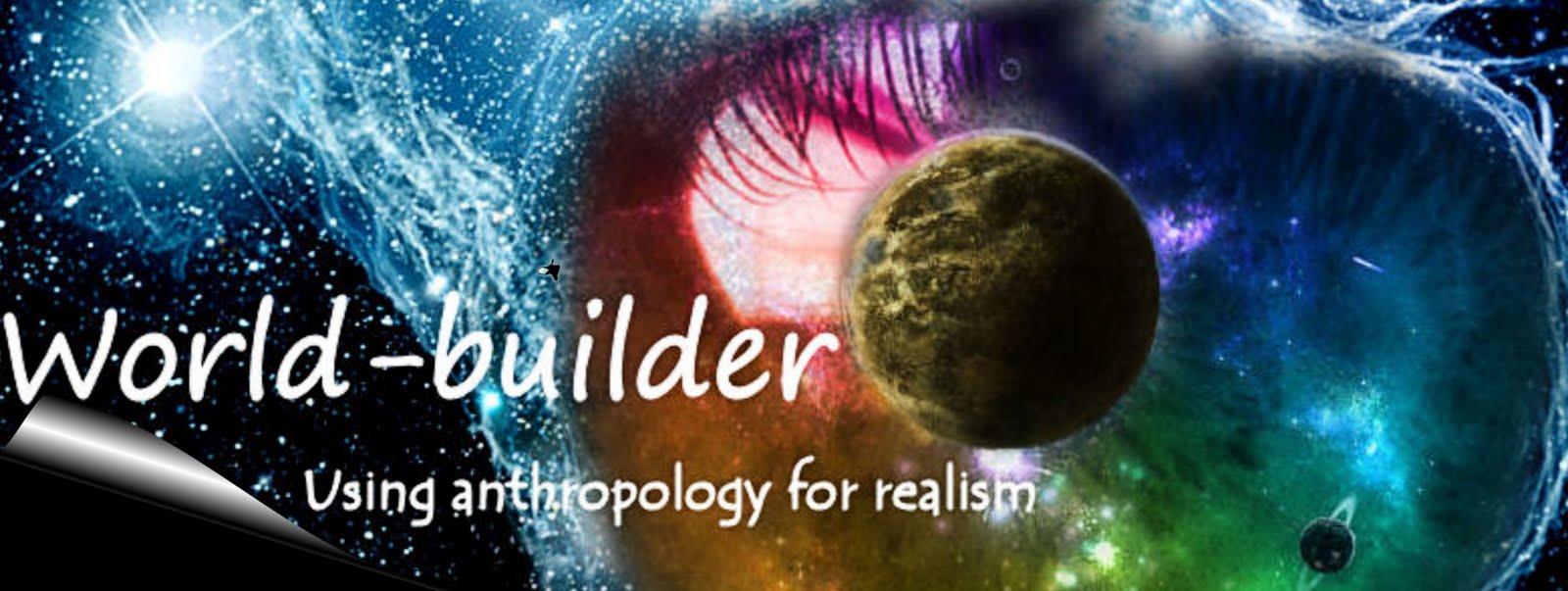Words. Words can be the most powerful thing in any culture. They are often remembered by any number of means; songs, poems, and/or stories passed down memorized by one to another never written down changing ever so slightly though the ages, then there was the written word. First used on murals, tablets or papyrus scrolls. Then coaxed by many other forms; pen and ink , but most recently by keys with little painted letters on them appearing on a piece of glass, and later on paper.
Each one carries an individual or conglomerated idea coalescing in a higher concept almost inarguably one of the most powerful things in the universe. Ideas can travel like light. Falling through cracks, passing around walls, destroying darkness, and engaging the minds of any who understand them.
A word of caution. Spoken words may be forgotten, twisted, and manipulated to the best interests of others, yet the same can be said of the written word. It is much harder for it remains visible for interpretation and immortalization. Take care what you write, read your own words and weigh what it is you truly mean. For generations may read or hear what you so idly think is righteous or musical.
When you speak of others or use a story to make implications take care that you mean what you say and say what you mean. For it may change the mind of a “fence sitter” or a doubter changing them forever to one side or the other. I say this not because of something that I have written or intend to write, but because I have seen the written word invoke the strongest of emotions and bring both promise of utopia and rivers of blood. Some of these things were written when the written word was but in its infancy, and those using it may have been ignorant of its intoxicating effects through the ages.
I have heard the phrase “Think before you speak.” I say think before you write, it is just as important.
.jpg)

